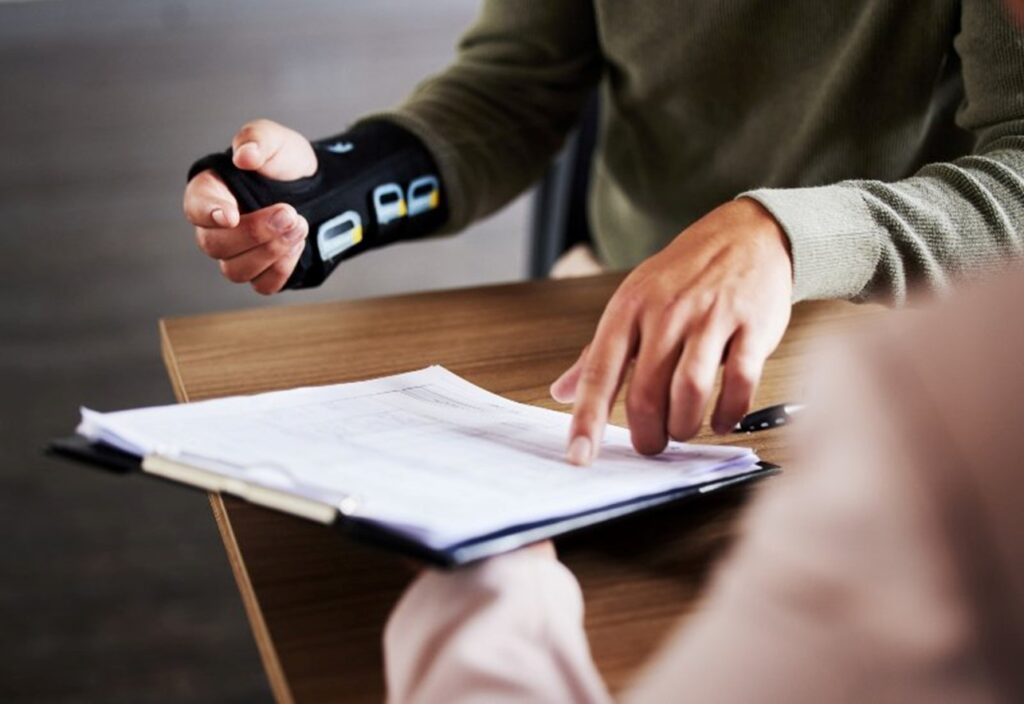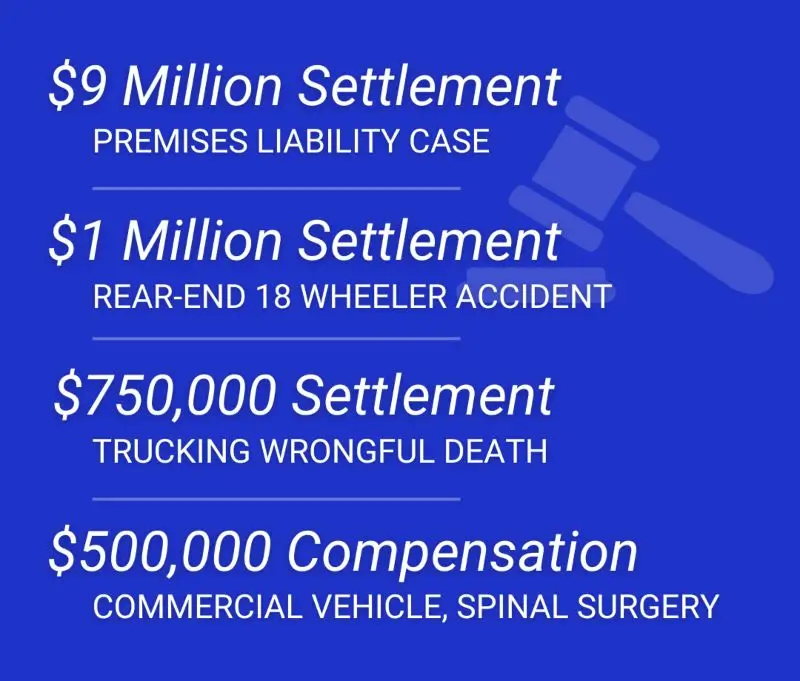If you’ve recently completed a deposition in your personal injury case, you might be wondering, “What’s the next step after a deposition?” Depositions may be stressful, but understanding what happens after a deposition in a lawsuit can put your mind at ease. Here’s what to expect.

What is a Deposition?
A deposition is part of the discovery phase in a lawsuit where witnesses provide sworn testimony before the trial. This testimony is recorded and can be used in court. It’s a chance for both sides to gather information and gauge the strength of the case.
What Happens Immediately After a Deposition?
Once your deposition is over, the next steps are all about preparation and strategy. Here’s what typically happens:
- Review the recording and prepare the transcript: A court reporter prepares a transcript of your deposition, which can take a few days to several weeks.
- Deposition review: Both parties review the deposition transcripts. They analyze the testimonies to reassess their strategies based on any new information gathered.
- Continued discovery: The discovery phase may continue with additional depositions, document requests, or interrogatories (written questions).
How Do You Know If Your Deposition Went Well?
It’s natural to feel anxious about how you performed during your deposition. Here are a few signs that things went smoothly:
- Your legal counsel’s feedback: Your attorney will be the first to tell you how well you did. Positive feedback is a good sign.
- Calm and consistent answers: If you were able to stay calm and provide consistent, truthful answers, your deposition likely went well.
- No surprises: If you never felt caught off-guard by unexpected questions, that’s another indicator that your deposition was successful.
Mediation & Settlement Negotiations
Settlement negotiations can happen at any time but often become more serious after the deposition. If your sworn testimony revealed strong evidence in your favor, the opposing party might be more inclined to discuss settlement options. Mediation is one way to accomplish this, a form of alternative dispute resolution facilitated by a neutral mediator. This process is quicker and less expensive than going to trial.
Trial
If a settlement isn’t reached and your case proceeds to trial, your attorney will organize evidence, prepare witnesses, and develop a strong case strategy. You might need to participate in mock trials or additional meetings with your lawyer to ensure you’re ready for court.
How Long Does It Take to Get Your Money After a Deposition?
The timeline for receiving compensation varies. If your case settles quickly after the deposition, you could receive your money within a few months. But if the case goes to trial, it could take much longer. After a favorable trial verdict, the actual payment might still take several weeks or months to arrive, depending on whether the opposing party appeals the decision or delays payment.
Contact a Personal Injury Lawyer
Navigating your personal injury case from deposition to settlement can be overwhelming, but you don’t have to go it alone. Nava Law Group leverages over 150 years of combined legal experience and has recovered over $1 billion in compensation for our clients. Contact us at 713.661.9900 to schedule a free consultation with a personal injury attorney in Houston, Bellaire, Edinburg, or Austin, TX.








